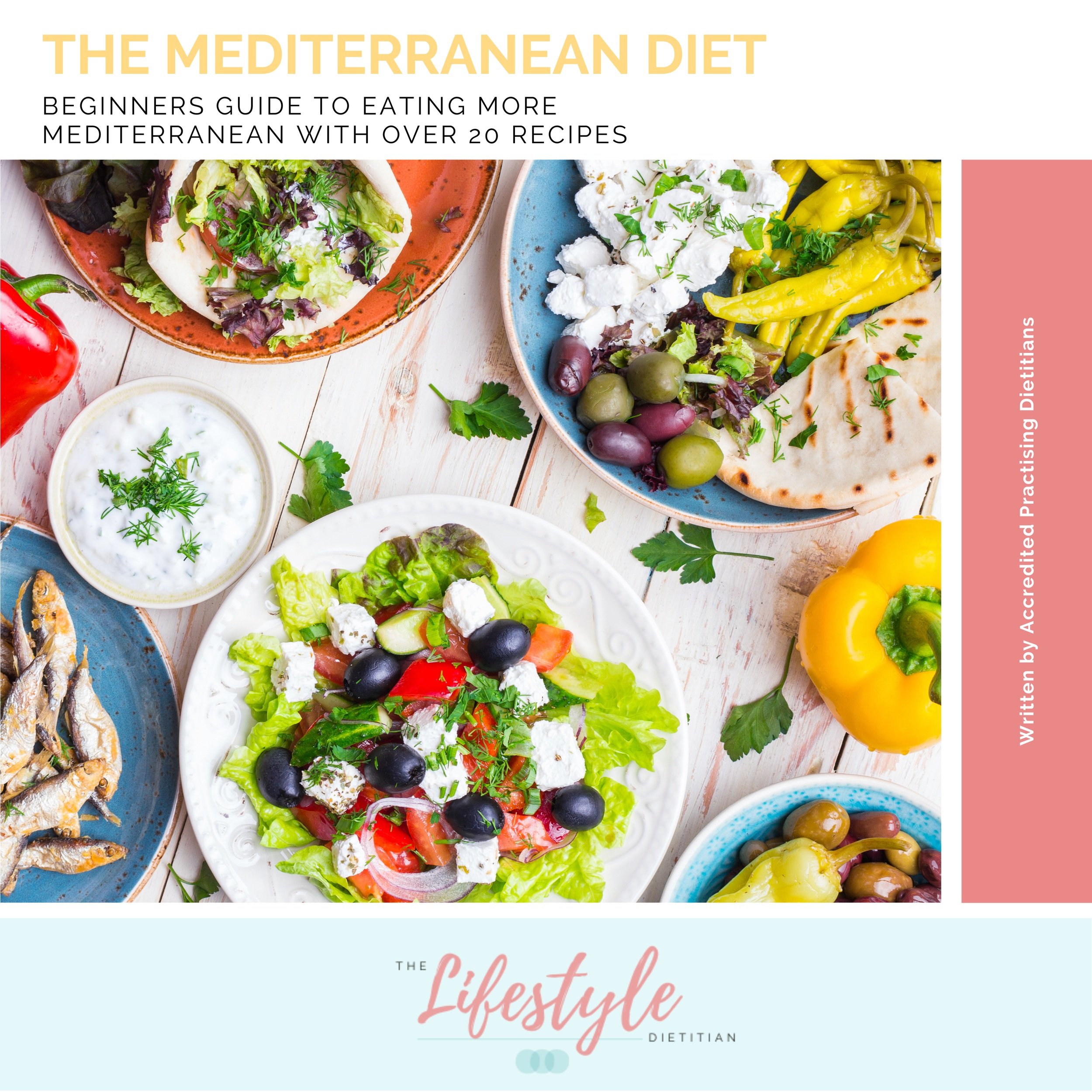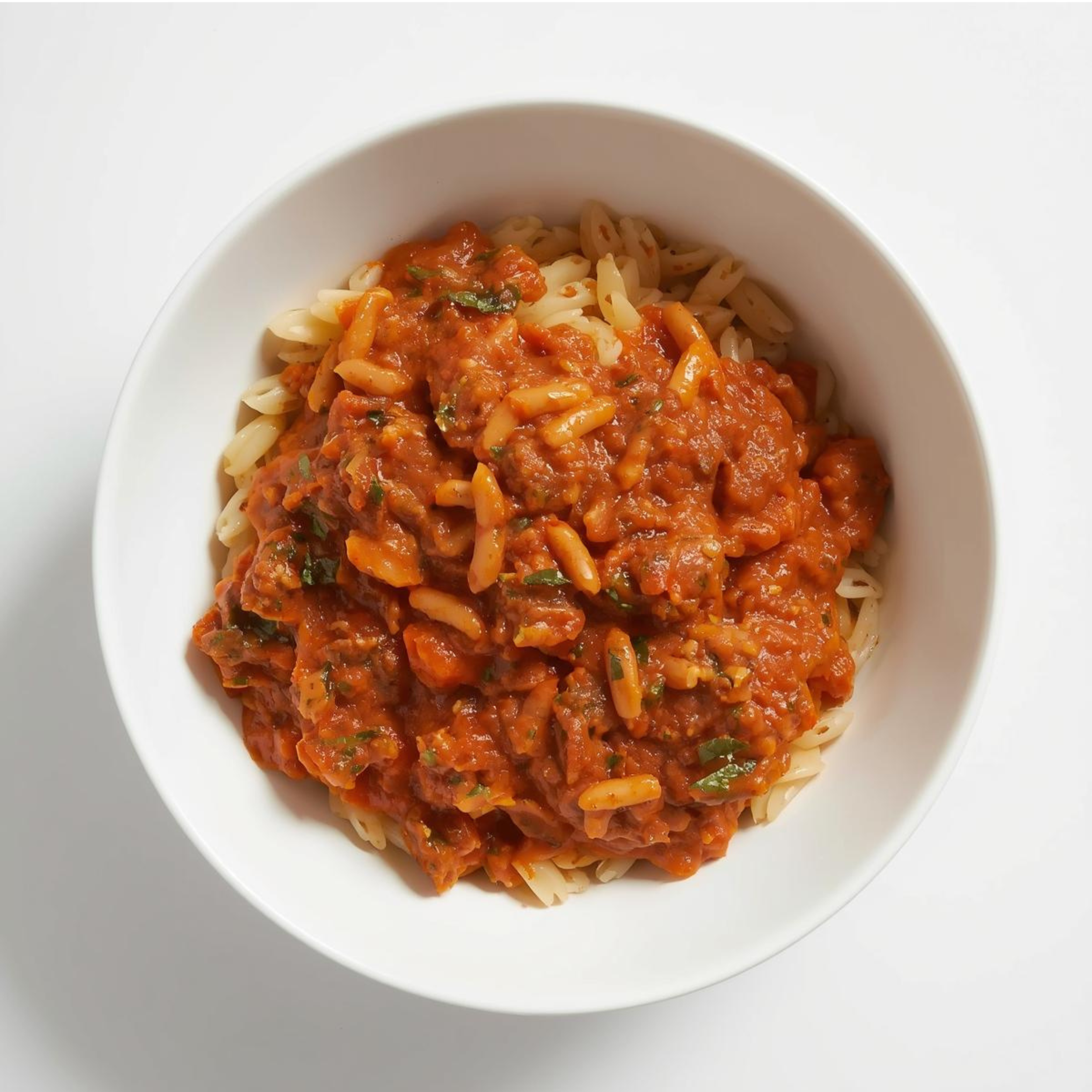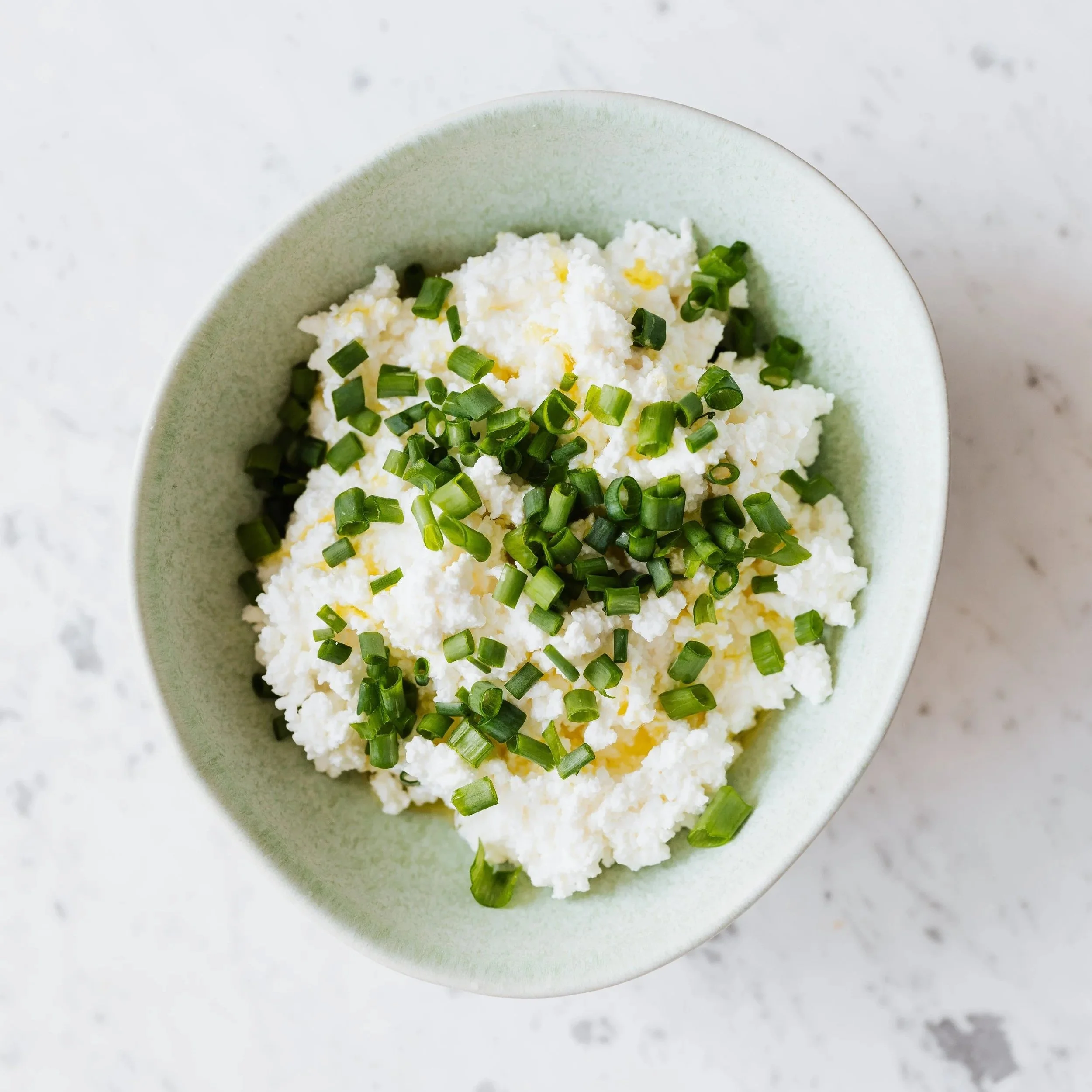What Foods Are Anti-Inflammatory? A Science-Backed Guide to Reducing Inflammation Naturally
Inflammation gets a bad rap, but did you know it's actually a natural part of your body's healing process? The problem starts when inflammation becomes chronic, which can contribute to conditions like PCOS, high cholesterol, heart disease, diabetes, insulin resistance, and endometriosis.
The good news? The food you eat can play a powerful role in reducing inflammation. But before you start stressing over what to cut out of your diet, let’s focus on what you can add to your plate to reduce inflammation while still enjoying food. No restrictive diets here - just simple and sustainable swaps that make a real difference.
Here are the top anti-inflammatory nutrients and where to find them in your diet.
Omega-3 Fatty Acids
Omega-3s, particularly the long chain forms known as EPA and DHA, are well-known for their powerful anti-inflammatory benefits, helping to reduce markers of inflammation linked to heart disease, insulin resistance, and inflammatory conditions like endometriosis.
Top Food Sources:
Salmon (like in our Simple Sesame, Salmon and Soba Stir Fry recipe)
Sardines
Mackerel
Trout
Chia seeds and flaxseeds (keep in mind, these plant-based sources of omega-3s are less potent than those found in fish)
Antioxidants
Antioxidants neutralise free radicals and combat oxidative stress which contribute to inflammation. Vitamins C and E are potent antioxidants, so focus on foods rich in these.
Top Food Sources:
Berries (blueberries, strawberries, raspberries)
Citrus fruits
Dark leafy greens (spinach, kale, swiss chard)
Nuts and seeds (almonds, sunflower seeds, pecans)
Avocados
Capsicum
Broccoli
Tomatoes
Need recipe inspiration for your antioxidant fix? Try our Berry Vanilla Chia Pots and Mediterranean Vegetable Tray Bake
Fibre
A high fibre diet supports a healthy gut which plays a key role in controlling inflammation. Fibre feeds the good gut bugs in your body. When well fed, these gut bugs produce anti-inflammatory by-products (learn more about this process here). This keeps your gut lining strong and prevents foreign food particles from entering our bodies and triggering inflammation. Fibre also helps balance blood sugar, making it a must for PCOS, insulin resistance and diabetes.
Top Food Sources:
Legumes (chickpeas, lentils, black beans)
Fruits
Nuts and seeds
Whole grains (oats, quinoa, brown rice, barley, whole grain breads and cereals)
Not sure how to pick a whole grain bread or cereal? Use our bread guide and cereal guide
Polyphenols
Polyphenols are bioactive compounds that give plant foods their vibrant colours. They have potent anti-inflammatory effects. common phytochemicals are, anthocyanins (found in purple plant-based foods), oleocanthal (found in extra virgin olive oil) and curcumin (rich in turmeric)
Top food sources:
Berries (blackberries, blueberries, blackcurrants, strawberries)
Cherries
Beetroot
Globe artichokes
Black olives
Black beans
Dried herbs and spices, especially turmeric
Black tea and coffee
Cocoa
You don’t need to cut out foods or another restrictive diet to lower inflammation. Eating an anti-inflammatory diet is about building a balanced, enjoyable way of eating that “crowds in” a variety of nutrient-rich foods.
Want help personalising your diet to manage PCOS, insulin resistance, endometriosis or other inflammatory conditions? Book an appointment with one of our Accredited Practising Dietitians today. We’ll help you build a sustainable, stress-free approach to eating that works for you.
FAQs About Anti-Inflammatory Eating
What is a good anti-inflammatory diet?
A well-balanced diet rich in whole foods, fibre, healthy fats, and lean proteins while minimising ultra-processed foods and alcohol. Think Mediterranean-style eating rather than a strict, one-size-fits-all approach.
Is the Mediterranean Diet anti-inflammatory?
Yes! Research consistently shows that the Mediterranean Diet helps lower inflammation and supports long-term health. Be mindful of these 5 Mediterranean Diet Myths and don’t neglect these 3 Mediterranean Diet foundations that have nothing to do with food. And for simple, delicious Mediterranean Diet recipes, download our Mediterranean Diet ebook.
Do I need to go gluten-free for an anti-inflammatory diet?
Not necessarily. Unless you have coeliac disease, whole grains like barley, quinoa, and whole wheat may actually help fight inflammation. This is thanks to their high fibre content. If you need to go gluten-free for a medical condition, follow our tips to ensure you are eating enough fibre to reduce inflammation.
What are easy anti-inflammatory meals?
Meals like our Grilled Salmon and Pearl Barley Salad, Chia Popsicle Bites, Warming White Bean and Kale Soup and Four Bean Salad are simple and delicious anti-inflammatory recipes.
Do I need to cut out all processed foods?
Nope! It's about balance, not perfection. Aim to “crowd in” mostly anti-inflammatory foods, knowing your body can handle enjoying indulgent foods on occasion. In fact, cutting out foods and over-restricting only causes us to crave them more, overeat or binge eat and enter a battle with the Food Police.
LOVED THIS? YOU WILL ENJOY THIS…
THE MEDITERRANEAN DIET EBOOK: BEGINNER'S GUIDE TO EATING MORE MEDITERRANEAN
Your one-stop guide to eating more Mediterranean. This ebook will leave you confident in taking the principles of the Med Diet and whisking, stirring, simmering them into meals that truly taste delicious.
Over 20 Dietitian-curated drool-worthy recipes, covering breakfast, lunch, dinner, dressings and snacks. Plus, a practical snack product guide with everyday eating tips and a weekly challenge list to tick off.
Like a cookbook but with a twist. Because each recipe, tip and suggestion is Dietitian-approved and tested.














